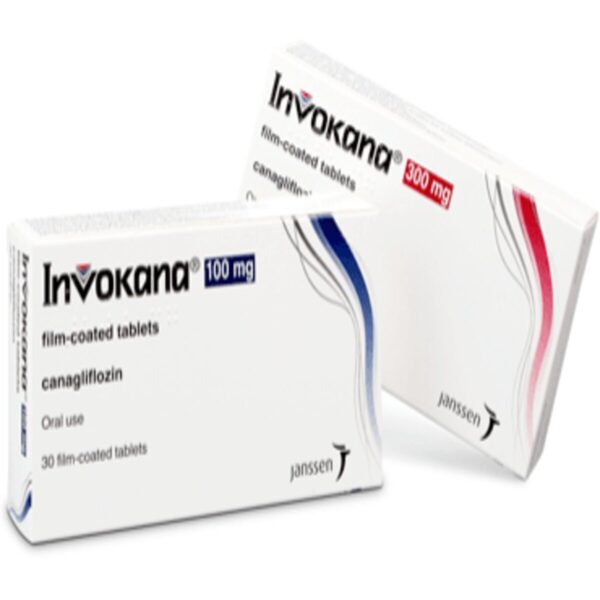As a horse owner, ensuring the health and well-being of your equine companion is a top priority. Two common endocrine disorders that can affect horses are Equine Metabolic Syndrome (EMS) and Pituitary Pars Intermedia Dysfunction (PPID), also known as Cushing’s disease. Understanding the treatment options available, including medications like Invokana and Steglatro, can help you manage these conditions effectively. Here’s what you need to know about these medications and their use in treating EMS and PPID. Equine Metabolic Syndrome (EMS): EMS is characterized by obesity, insulin resistance, and an increased risk of laminitis (a painful inflammation of the tissues in the hoof). Horses with EMS tend to accumulate fat deposits in specific areas such as the neck, shoulders, and tailhead. Management of EMS typically includes dietary modifications, weight management, and exercise. Pituitary Pars Intermedia Dysfunction (PPID): PPID, or Cushing’s disease, is a progressive disorder caused by an overactive pituitary gland, leading to excessive production of hormones, particularly cortisol. Symptoms include a long, curly coat that doesn’t shed, increased thirst and urination, lethargy, and susceptibility to infections and laminitis. Treatment usually involves managing symptoms and hormone levels through medication. Invokana (Canagliflozin): Invokana is an SGLT2 inhibitor that helps manage blood sugar levels by preventing the kidneys from reabsorbing glucose. While primarily used in humans for diabetes management, there is emerging interest in its potential application for horses with insulin dysregulation, particularly those with EMS. Steglatro (Ertugliflozin): Similar to Invokana, Steglatro is also an SGLT2 inhibitor used to lower blood glucose levels in humans. Its role in equine medicine is being explored for managing insulin resistance, a key component of EMS and sometimes seen in PPID. Invokana and Steglatro present promising options for managing insulin resistance in horses with EMS and potentially aiding in the treatment of PPID. While more research is needed to fully understand their benefits and risks, these medications could become valuable tools in the equine healthcare arsenal. Always consult with your veterinarian to determine the best course of action for your horse’s specific needs. Stay informed, stay proactive, and give your horse the best chance at a healthy, comfortable life. References
Original price was: £60.03.£58.80Current price is: £58.80.
Original price was: £60.03.£58.80Current price is: £58.80.
Original price was: £60.03.£58.80Current price is: £58.80.
Original price was: £60.03.£58.80Current price is: £58.80. Steglatro Tablets – Ertugliflozin Tablets available in 2 strengths:
£49.50Invokana and Steglatro for EMS and PPID in Horses: Essential Information for Owners

Understanding EMS and PPID
Medications: Invokana and Steglatro
Benefits of Invokana and Steglatro in Horses
Considerations for Horse Owners
Conclusion
Invokana and Steglatro for EMS and PPID in Horses
Learn More
+44 (0) 1375 846 316
GBP



